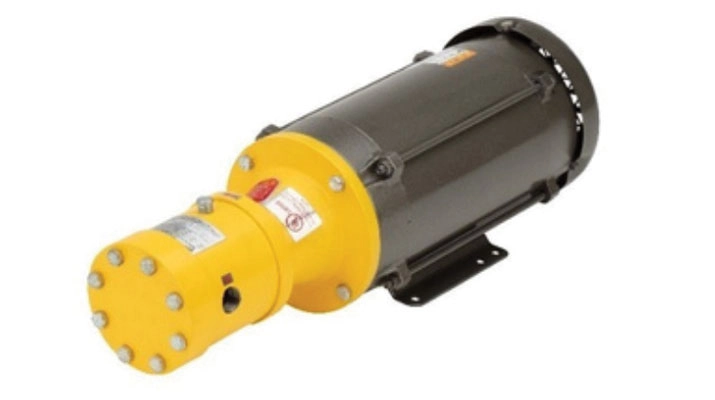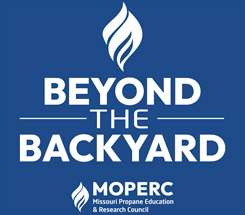How to harness AI for safety management
As the propane industry evolves, safety remains a top priority. Artificial intelligence (AI) is emerging as a transformative tool, offering proactive solutions to long-standing safety challenges. By using AI in safety management systems, companies can enhance hazard detection, streamline compliance and protect customers, employees and assets.

AI in propane safety: AI technologies such as machine learning, computer vision and predictive analytics are being deployed to monitor operations, analyze data, and identify and mitigate risks. These tools enable real-time decision-making and reduce reliance on reactive safety measures.
Predictive analytics: Predictive analytics can forecast equipment failures before they occur by analyzing sensor data collected by devices, such as vehicles, pumps, motors, meters and monitors. AI helps identify potential incidents, such as poor driving habits or mechanical issues, before they become hazards. For example, AI-based telematics systems can track employee behavior, driving and route efficiency, helping to reduce accidents and improve operational safety. AI is also being used in propane cylinder requalification centers, where machine learning algorithms analyze historical inspection data to identify patterns in cylinder wear, predicting when a cylinder is likely to fail inspection. This enables proactive removal from circulation, reducing the risk of leaks or explosions.
Automated inspections: AI-powered inspections utilizing drones and smart sensors are revolutionizing the monitoring of propane storage and distribution lines. These systems can detect corrosion, leaks and structural weaknesses without exposing employees to high-risk environments. For example, drones equipped with cameras and thermal imaging can detect surface anomalies, corrosion or unauthorized access, providing a safer and more efficient alternative to manual inspections.
Hazard detection: Environmental sensors equipped with AI continuously monitor for propane leaks, temperature fluctuations and pressure anomalies. In bulk storage terminals and transfer stations, these systems trigger automated safety protocols, ensuring swift responses to potential threats. For instance, AI-enabled gas detectors can differentiate between propane and other hydrocarbons. This specificity enhances leak detection accuracy and reduces false alarms, ensuring a timely and accurate response.
Behavior monitoring: AI-enhanced cameras and telematics systems track worker behavior and vehicle performance. In propane delivery fleets, these tools can identify risky driving patterns such as speeding or harsh braking. Within facilities, AI can detect signs of fatigue or improper cylinder handling, prompting corrective actions to ensure safe operations. AI tools can monitor forklift operations in propane warehouses to ensure compliance with safety protocols, thereby reducing the risk of collisions or tipping incidents.
Safety training: AI-driven simulations and virtual reality (VR) modules are replacing traditional training methods. Employees can engage in interactive, scenario-based learning, improving retention and preparedness for emergencies. For example, teams can use VR modules to simulate emergency shutdown procedures in propane bulk plants and propane leak scenarios, enabling employees to practice these procedures effectively. These immersive experiences help employees practice critical responses in a controlled environment. Simulating lighting pilots is another example of a job task that can be practiced repeatedly in a safe environment with VR.
Best practices for implementation: To maximize the benefits of AI in propane safety management, companies should adopt a strategic approach:
- Balance AI with human oversight: While AI excels at data processing, human judgment is essential for ethical decision-making and addressing biases in education data.
- Educate employees: Educating employees on how AI systems function fosters trust and ensures proper usage.
- Protect data privacy: AI systems often rely on sensitive operational and personal data. Compliance with industry regulations is crucial.
- Focus on real-time applications: Prioritize tools that offer immediate insights, such as leak detection and predictive maintenance, to prevent incidents before they escalate.
- Start small and scale gradually: Begin with pilot projects in controlled environments, then expand based on feedback and performance.
Randy Warner is product safety manager for Cavagna North America. Reach him at randywarner@us.cavagnagroup.com.
NOTE: The opinions and viewpoints expressed herein are solely the author’s and should in no way be interpreted as those of LP Gas magazine or any of its staff members.
Featured homepage image: bluekite/E+/Getty Images
Related Articles
The importance of communicating safety
















